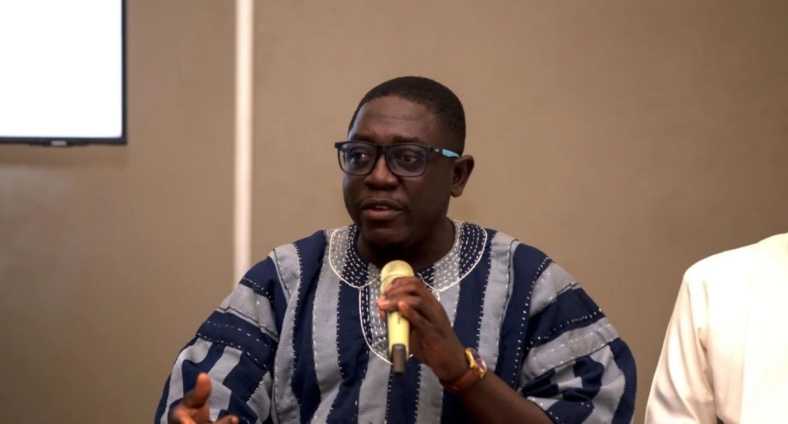
Audio By Carbonatix
IMANI Centre for Policy and Education, in collaboration with University College London, has conducted an in-depth analysis of budget support programmes by International Financial Institutions (IFIs) and their implications for Ghana's pursuit of climate-compatible growth. The study examines political and economic challenges at both national and international levels that hinder the integration of climate considerations into budget planning and execution.
According to Dennis Asare, Senior Research Associate at IMANI, a lack of coordination remains a major obstacle in implementing Ghana’s climate agenda. He urged the government to address this issue in the 2025 budget to enhance climate policy integration.
“There is a need to prioritize climate issues in our economic planning. While macroeconomic and livelihood concerns are important, we can integrate climate considerations into these areas. This should be reflected in planning processes from the Metropolitan, Municipal, and District Assembly (MMDA) level to the Ministries, Departments, and Agencies (MDA) level, ensuring Ghana achieves climate compatibility.”
Budget support instruments provided by IFIs such as the World Bank, the International Monetary Fund (IMF), and the African Development Bank have played a critical role in Ghana’s fiscal stability and development. These mechanisms have enabled the government to meet budget financing needs and implement key institutional reforms. Traditionally, IFI-backed budget support has focused on fiscal and macroeconomic stability, but in recent years, these instruments have also been leveraged to incorporate climate considerations into economic planning.
While Ghana’s budget support programmes have successfully driven reforms in some areas, challenges persist—particularly in public financial management. Despite sustained IFI-backed reform efforts, weaknesses in institutional frameworks continue to pose significant barriers to effective climate-compatible growth.
IMANI's analysis highlights key lessons from Ghana’s experience with budget support to inform future strategies. It also identifies opportunities to strengthen domestic institutional frameworks, embedding climate considerations into macroeconomic policies and governance structures. However, achieving meaningful progress requires a nuanced understanding of political dynamics and the perspectives of key stakeholders regarding the potential development impacts of these reforms.
The event was conducted under Chatham House Rules to encourage open and constructive dialogue among stakeholders from government institutions, financial organizations, and environmental advocacy groups.
Latest Stories
-
ECG to cut power in parts of Accra West on February 11 for planned maintenance
4 hours -
BoG announces guidelines to govern foreign exchange spot interventions
4 hours -
Intelligence report uncovers weapons transfers under Sudanese Army oversight to South Kordofan
4 hours -
119 people died during mediation efforts in Bawku conflict – Mahama
4 hours -
Trade Ministry to lead raw material expansion for 24-hour production, youth jobs & exports
4 hours -
Migration induced by coastal erosion: The Shama experience
4 hours -
Ghana’s economy to expand by 5.67% in 2026
4 hours -
A/R: ECG surcharges over 2,200 customers for illegal connections, recovers over GH¢4.3bn in 2025
5 hours -
With galamsey still ongoing, who is buying the gold? – Oppong Nkrumah questions gov’t
5 hours -
Avoiding Fiscal Risks in GCR’s deal with GoldBod
5 hours -
Suame Interchange won’t affect NPP votes in Ashanti – Asenso-Boakye
5 hours -
Mahama receives Transition Committee report on UGMC transfer to University of Ghana
5 hours -
Quiz Talk National STEM Programme instituted to boost innovation in basic schools
5 hours -
Unemployed graduates with disabilities engage Gender Minister on jobs and inclusion
5 hours -
Parliament approves GH¢2.9bn for Ghana Medical Trust Fund
5 hours

